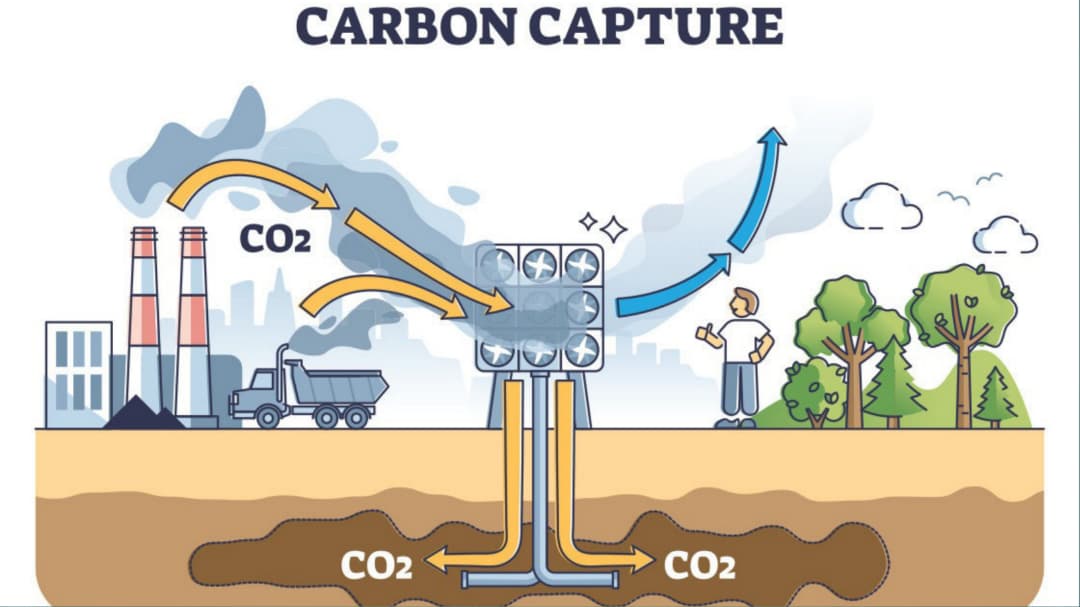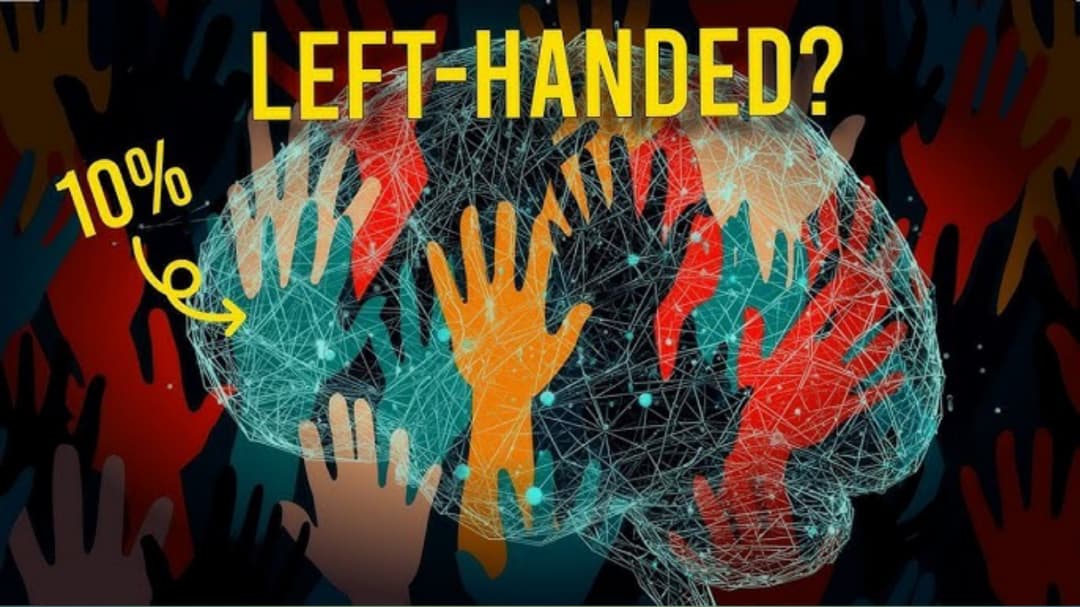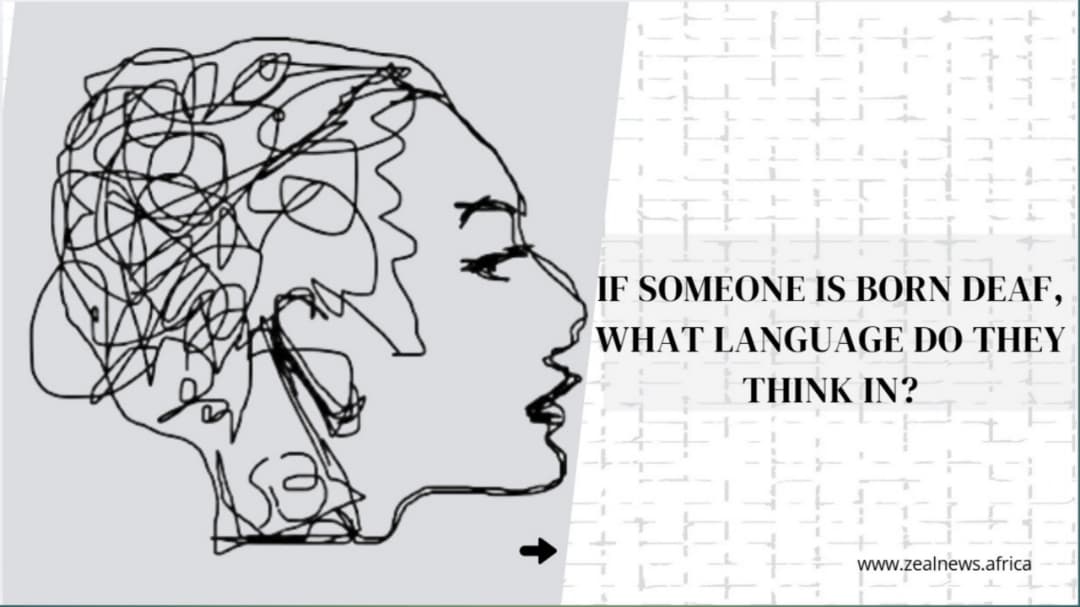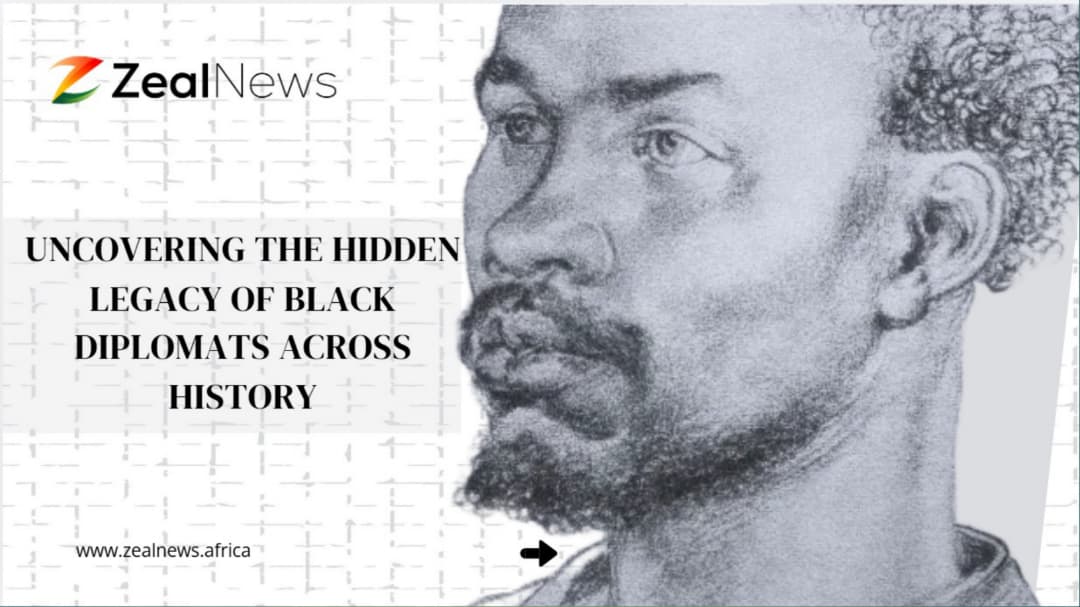How Money Quietly Shapes Our Choices

Money rarely raises its voice. It doesn’t shout instructions or wave its arms the way people imagine. Instead, it slips in through the back door, sits in the corner, and waits for us to notice its presence, usually when it’s already rearranged something in our lives. In the background of almost every decision; what we chase, what we ignore, what we pretend not to want, money stands like a quiet but persistent reminder of limits, ambitions, and the realities we negotiate every day. And in that silence, it shapes who we become more than we’d like to admit. In that sense, money is a mirror we keep trying not to look at.
Most of us grow up with unspoken rules about money, rules inherited from homes that talked too much about it or not at all. Some of us learned early that you don’t ask for more, you manage what you have. Others grew up watching people stretch what wasn’t enough until it became a normal rhythm of life. These memories stay tucked inside us, whispering when we’re faced with choices. The truth is, childhood financial environments don’t disappear; they become a hidden compass guiding our steps.
Even our dreams carry a financial watermark. We imagine futures largely based on what we believe is possible, and what we believe is possible is often filtered by our bank balance. A young person who wants to pursue a creative path might pause and think of “stability.” Another who dreams of moving abroad might secretly calculate rent, visa costs, or the price of being far from everyone they know. Money doesn’t say “no,” but it stands there, arms folded, asking if you’ve thought this through.
Many of our adult decisions are less about desire and more about affordability. Think about how people choose where to live. A bustling neighbourhood with bright lights and late-night cafés might call to you, but affordability calls louder. Suddenly, convenience is redefined. You convince yourself you never really needed the café on the corner. You tell yourself a longer commute builds character. This is how money turns a preference into a compromise without a single argument.
And when it comes to relationships, money sits quietly between two people like a third participant. Couples make financial promises long before they make emotional ones, splitting bills, planning savings, navigating aspirations. Career choices become joint decisions, investments are discussed with seriousness, and sometimes love gets tangled with expectations. It isn’t the romantic part of the story, but it is the part that demands honesty. Financial transparency becomes a quiet form of loyalty.
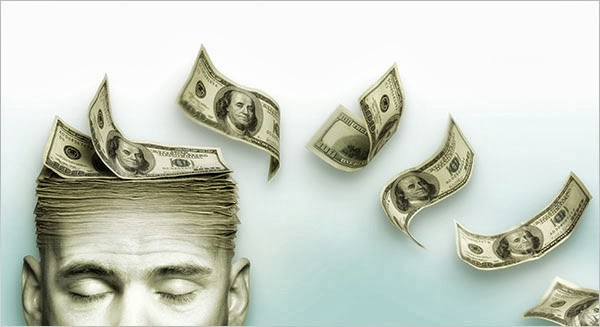
There is also the subtle influence money has on our identity. In societies obsessed with success, money becomes a scoreboard, even when we deny it. We measure our progress by comparing ourselves to peers, strangers online, or younger versions of who we once hoped to be. But beneath that comparison lies something fragile: a longing not to be left behind. So we work harder, stay longer, or accept jobs that take more from us than they give, because money has tied itself to our sense of worth.
In the workplace, money doesn’t just affect what we accept, it influences how we behave. Some people silence their ideas because they fear risking the security of their income. Others endure toxic environments because leaving feels too expensive. Even ambition gets distorted when financial pressure is involved. Instead of chasing what fulfills us, we often chase what sustains us. Money becomes a subtle filter, colouring everything.
At the same time, money can open doors, sometimes quietly, sometimes dramatically. A small raise can breathe new life into someone’s confidence. A scholarship can alter the story of an entire family. Access to quality education, healthcare, or safer neighbourhoods creates ripple effects that last generations. People often say “money isn’t everything,” but money doesn’t have to be everything to change everything.
Interestingly, money also defines what we call “luxury.” For some, luxury is a foreign vacation. For others, it’s stability. For a large number of people, luxury is simply time, time to rest, time to think, time to dream without the weight of bills pressing down. We rarely admit this openly because everyday life celebrates visible displays, not the quiet comforts. Yet, the luxury of peace is the one most people crave when the noise of financial stress becomes too loud.
Social media intensifies these pressures. Suddenly, we’re exposed to lifestyles that seem attainable, even when they aren’t. What used to be private financial struggles now exist against a backdrop of curated ease. And the truth is, comparison is not harmless, it influences spending habits, pushes people into debt, and creates a culture of purchasing approval. Money doesn’t only shape choices; it shapes illusions.

Credit: Pawel Gaul / Getty Images
Sometimes, the influence of money shows up not in what we do, but in what we avoid. People delay medical check-ups, skip opportunities, or stay in familiar but limiting conditions simply because the cost of change feels heavy. In these cases, money becomes a quiet form of fear, turning risks into luxuries.
But there’s another side to this story, one that doesn’t get celebrated enough. When money is managed with intention, it becomes a tool rather than a master. Budgeting isn’t about restriction; it’s about clarity. Savings aren’t about deprivation; they’re a form of self-respect. And understanding your spending patterns isn’t about guilt, it’s about understanding who you are. These small acts create a sense of control, something money often steals when left unexamined.
The world keeps shifting around us, and with it, the role of money. The digital economy has changed how we earn, how we save, and how we imagine success. Remote work has opened new possibilities, while the rise of financial literacy platforms has made information more accessible than ever. For instance, resources like theInvestopedia Financial Literacy Guideor budgeting tools such as YNABhelp people gain clearer financial footing. In this sense, money becomes less of a silent force and more of a language we’re learning to speak.
Still, the emotional side of money remains the hardest to navigate. The anxiety of bills, the pressure to meet expectations, the guilt of saying no, the fear of instability, these feelings rarely get spoken about openly. Yet, they shape our behaviour far more than numbers on a spreadsheet. Learning to handle money responsibly means learning to understand our emotional responses to it. And that requires a kind of honesty most people struggle to practice.
We live in a world where financial decisions define so much of our freedom. The freedom to rest. The freedom to say no. The freedom to walk away. The freedom to dream without calculating the risks first. And while wealth doesn’t guarantee happiness, financial stability creates a foundation upon which happiness can be built. Stability allows room for growth.
Even the choices we call “small” hold financial echoes. What we eat, how we commute, the routines we build, the hobbies we keep, everything intersects with money in ways we rarely acknowledge. This interconnectedness reveals something profound: money is not just an economic tool, it is a story constantly unfolding.
But perhaps the quietest influence money has is the way it shapes our definition of “enough.” The idea shifts as we grow, as responsibilities increase, as dreams evolve. “Enough” is not a fixed point but a moving target. And in chasing it, we often discover who we truly are, our fears, our values, our priorities, our hidden desires.
In the end, money doesn’t control us in dramatic, obvious ways. It guides us softly, subtly, shaping our lives with every choice, big or small. It teaches us to balance hope with practicality, ambition with caution, desire with discipline. And if we listen carefully, money is not just a measure of what we have, but a reflection of how we think, how we live, and how we find our place in the world. In its own quiet way, it shapes our future long before we get there.
You may also like...
When Sacred Calendars Align: What a Rare Religious Overlap Can Teach Us

As Lent, Ramadan, and the Lunar calendar converge in February 2026, this short piece explores religious tolerance, commu...
Arsenal Under Fire: Arteta Defiantly Rejects 'Bottlers' Label Amid Title Race Nerves!

Mikel Arteta vehemently denies accusations of Arsenal being "bottlers" following a stumble against Wolves, which handed ...
Sensational Transfer Buzz: Casemiro Linked with Messi or Ronaldo Reunion Post-Man Utd Exit!

The latest transfer window sees major shifts as Manchester United's Casemiro draws interest from Inter Miami and Al Nass...
WBD Deal Heats Up: Netflix Co-CEO Fights for Takeover Amid DOJ Approval Claims!

Netflix co-CEO Ted Sarandos is vigorously advocating for the company's $83 billion acquisition of Warner Bros. Discovery...
KPop Demon Hunters' Stars and Songwriters Celebrate Lunar New Year Success!

Brooks Brothers and Gold House celebrated Lunar New Year with a celebrity-filled dinner in Beverly Hills, featuring rema...
Life-Saving Breakthrough: New US-Backed HIV Injection to Reach Thousands in Zimbabwe

The United States is backing a new twice-yearly HIV prevention injection, lenacapavir (LEN), for 271,000 people in Zimba...
OpenAI's Moral Crossroads: Nearly Tipped Off Police About School Shooter Threat Months Ago
ChatGPT-maker OpenAI disclosed it had identified Jesse Van Rootselaar's account for violent activities last year, prior ...
MTN Nigeria's Market Soars: Stock Hits Record High Post $6.2B Deal

MTN Nigeria's shares surged to a record high following MTN Group's $6.2 billion acquisition of IHS Towers. This strategi...



